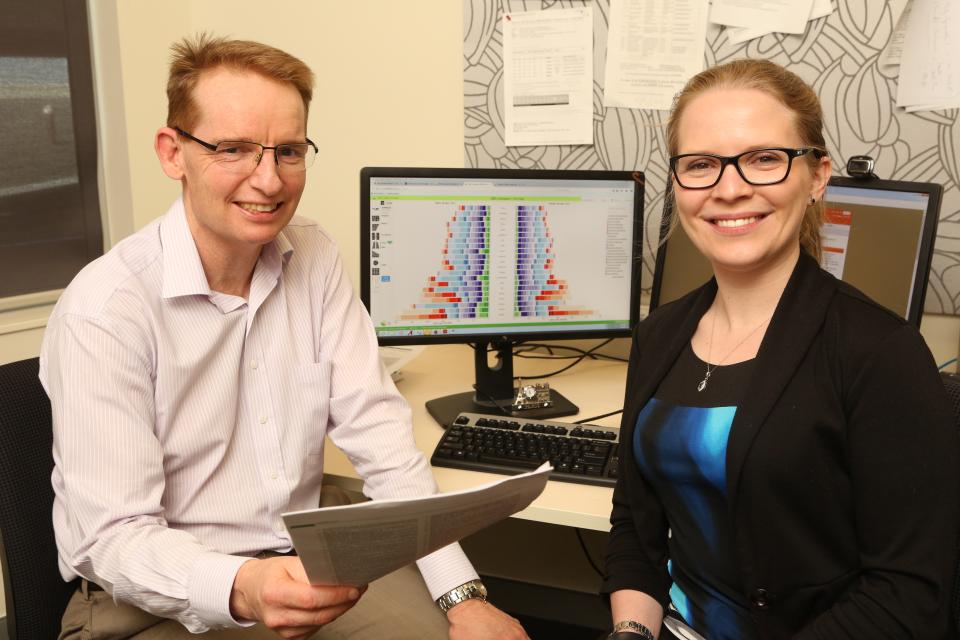ADHD linked to ‘lifelong trajectory of disadvantage’

University of Queensland researchers are calling for a greater focus on addressing common mental disorders in children to avoid a potential ‘tsunami’ of long-term issues in adulthood.
UQ Centre for Clinical Research (UQCCR) Research Fellow Dr Holly Erskine said a review of more than 100 longitudinal studies demonstrated that attention-deficit/hyperactivity disorder (ADHD) and conduct disorder (CD) in children can have lifelong adverse consequences.
“We found that those with ADHD were almost four times more likely not to complete high school - and more than six times more likely not to attend tertiary education - than individuals who do not have ADHD,” Dr Erskine said.
“They were significantly more likely to have been dismissed from employment or to experience unemployment.
“The analysis shows it is imperative to ensure parents and the education system are provided with the resources to support these children.
“Addressing adverse educational outcomes may go a long way to reducing some of the other disadvantages these children may face in later life if their disorders are not managed.”
UQCCR Associate Professor James Scott said the disorders were also found to be associated with increased risk of depression, substance use disorders and suicide.
“The analysis showed the disorders increased the risk of criminality with violence by three and a half times, and CD was associated with a three-fold risk of early pregnancy,” Associate Professor Scott said.
“With ADHD, there was also an increased risk of being involved in a vehicular accident involving injury.”
Associate Professor Scott said the interplay of adverse outcomes was complex and affects individuals, families, communities, and even the next generation.
“The educational and vocational disadvantage can often lead to long-term poverty, which also affects any eventual offspring,” he said.
The researchers said that, ahead of Mental Health Week, it is important to highlight that both ADHD and CD can be successfully treated, and that early intervention can prevent the trajectory of disadvantage.

“Unfortunately the signs are not always picked up and there is often stigma and ‘parent blaming’ involved.
“This is not something these children will simply grow out of, and early intervention will give them the best possible chance of realising their potential.”
The review is published in the Journal of the American Academy of Child and Adolescent Psychiatry.
Photo: Associate Professor James Scott and Dr Holly Erskine
Media: Dr Holly Erskine, holly_erskine@qcmhr.uq.edu.au, +61 3271 8663, 0418 201 732; Kim Lyell, k.lyell@uq.edu.au, +61 7 33465214, 0427 530647.
Topics
Related articles
Brisbane woman runs 50km for 50 days to break barriers for para-athletes

Study challenges conventional wisdom on a common cause of melanoma
Media contact
UQ Communications
communications@uq.edu.au
+61 429 056 139
